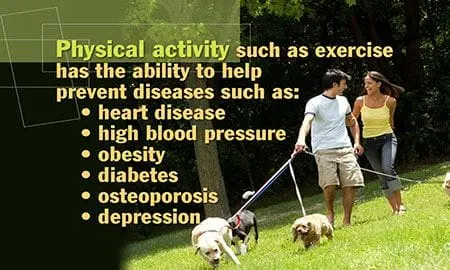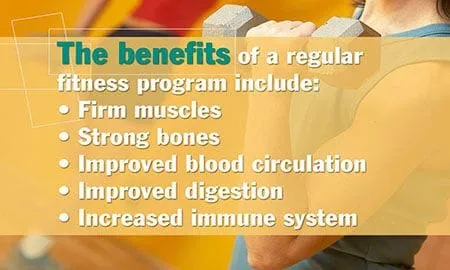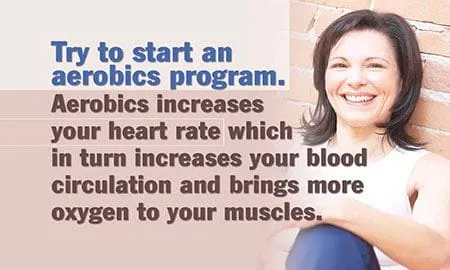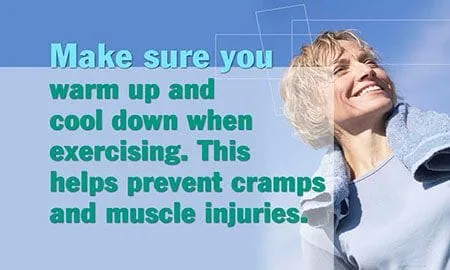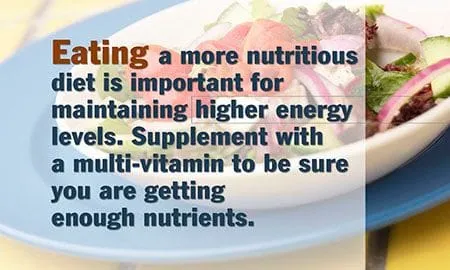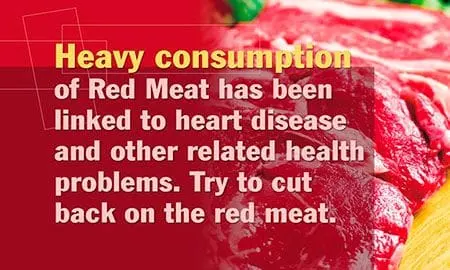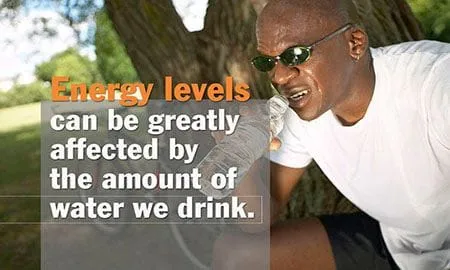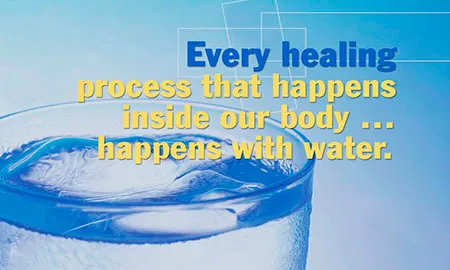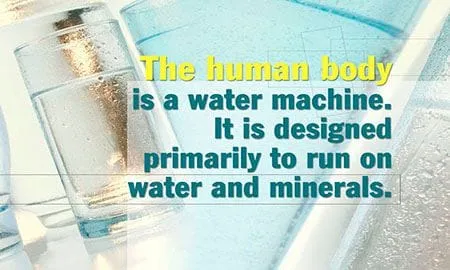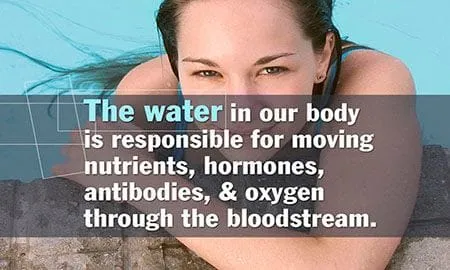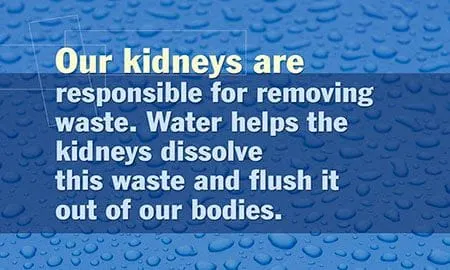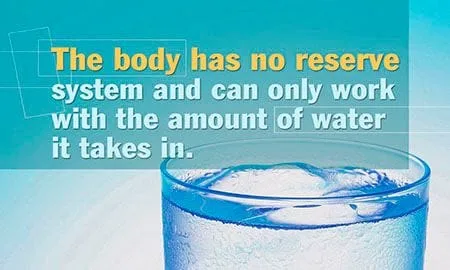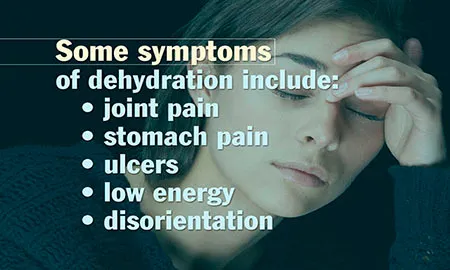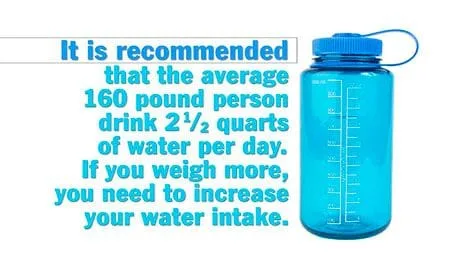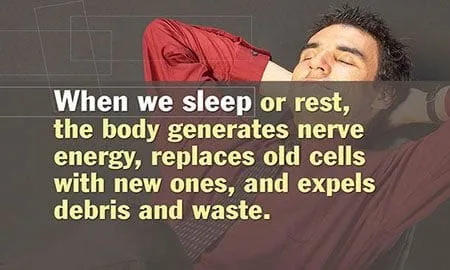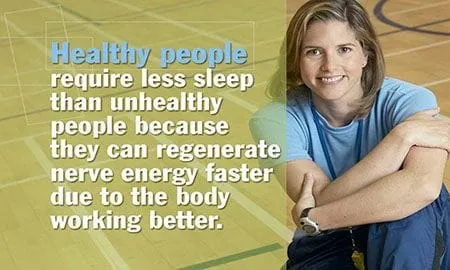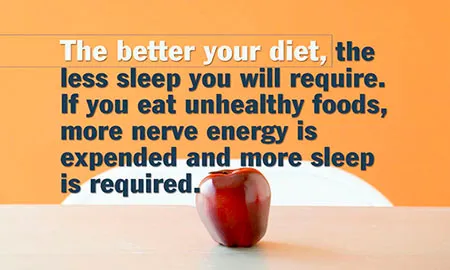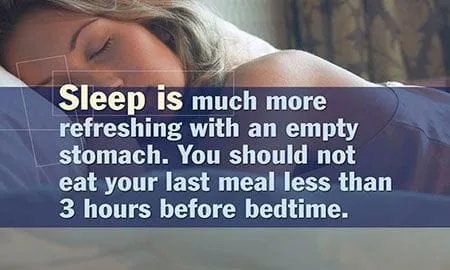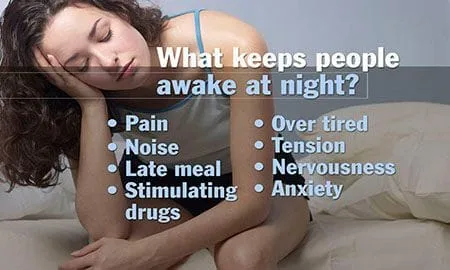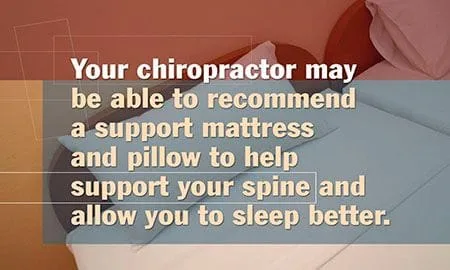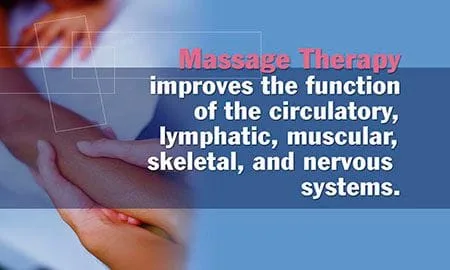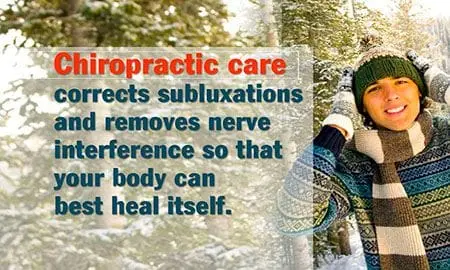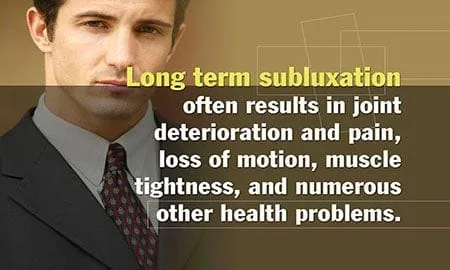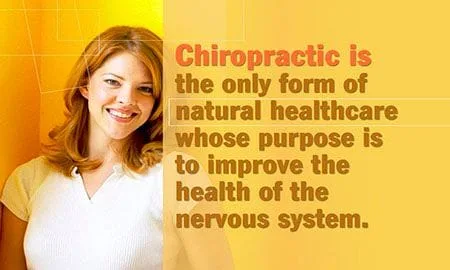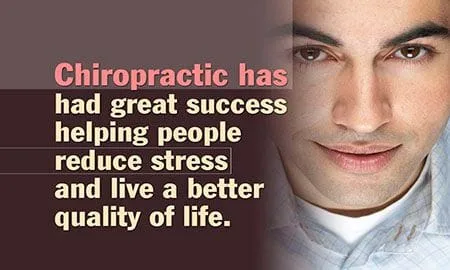As most people know, Vitamin D is a vitamin essential to human life which can be made by the body by exposing the skin to a pinking amount of sunlight. Our livers and kidneys use Vitamin D’s two forms, D2 and D3, to form their biologically active form, calcitriol. Calcitriol is a hormone used to regulate the body’s blood serum levels of minerals such as calcium, iron, zinc, magnesium, and phosphates by enhancing absorption in the small intestine. Because vitamin D enhances calcium absorption, it plays an important role in maintaining healthy blood calcium levels. Low blood calcium levels can cause calcium to be leached from bones, eventually causing the skeleton to weaken. Obviously then, getting enough Vitamin D is important to maintaining a healthy and active lifestyle. However, in latitudes higher than 35 it can be difficult to get enough vitamin D from sunlight alone between the months of October and May. At Evans Chiropractic & Pain Laser Clinic, we care about your health and want to make sure that you understand the risks of Vitamin D deficiency, the benefits of having healthy Vitamin D levels, and how you can ensure that your body has all the Vitamin D it needs to function at its best!
Risks and Benefits
One of the first questions many have about vitamin intake is; what happens if I don’t get enough of this nutrient? Vitamin D deficiency can be potentially harmful and may lead to or increase the risk of developing the following disorders:
- Rickets
- Colon cancer
- Osteoporosis
- Poor wound healing
- Muscle pain
- Joint and back pain
- Depression
- Diabetes
- Schizophrenia
- Migraines
- Allergies
- Pre-eclampsia
- Inflammation
- Autoimmune diseases
- Heart attack
- High blood pressure
- Multiple Sclerosis (MS)
The good news is that not only will getting enough Vitamin D help you avoid the above, but optimal blood levels of Vitamin D may also confer the following benefits:
- Reduction in breast cancer
- Decreased risk of all solid cancers
- Slowing of cancerous growths
- Decreased incidence of cold, flu, and other viral infections
As a fat soluble vitamin, it is possible to take too much Vitamin D. However, incidence of Vitamin D toxicity is rare. Symptoms of toxicity include hypercalcemia (elevated blood calcium) and nausea. Those with sarcoidosis, Lyme disease, lymphoma, or kidney disease must be careful not to exceed recommended dosages of Vitamin D to avoid high blood calcium levels.
How to Get Enough Vitamin D
Vitamin D is not often found in the diet, and in the past humans have relied on exposure to the sun for our Vitamin D needs. However, with the advent of clothing, pollution, and the ability to live in higher latitudes, many people have a difficult time keeping up Vitamin D levels year round. The following are some sources of Vitamin D.
- Mushrooms
- Eggs
- Animal products, especially fatty fish such as salmon or mackerel
- Alfalfa
Because non-sunlight derived sources of Vitamin D are so limited, Dr. Eliesha Evans recommends supplementing Vitamin D intake, especially in the fall, winter, and early spring. The following doses are recommended for those who have recently had their blood serum concentration of Vitamin D tested and would like to elevated their levels to the optimum range:
Blood Serum Concentration Recommended Dose of Vitamin D
<20 ng/mL 10,000 IU (units) per day
20-30 ng/mL 8,000 IU per day
30-40 ng/mL 5,000 IU per day
40-50 ng/mL 2,000 IU per day
To maintain optimal Vitamin D levels and correct supplement dosages, a blood serum sample should be taken between 2 weeks to 2 months after beginning Vitamin D supplementation. Additionally, because one of the roles of Vitamin D is to increase the absorption of many minerals, it is important to make sure that you’re getting enough calcium, magnesium, iron, zinc, and phosphates in your diet. If you have more questions, or are interested in learning more about nutrition in general, make sure to schedule an appointment at Evans Chiropractic & Pain Laser Clinic to talk with Dr. Evans today!











